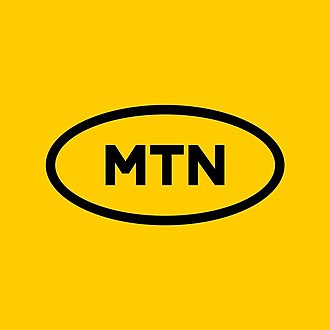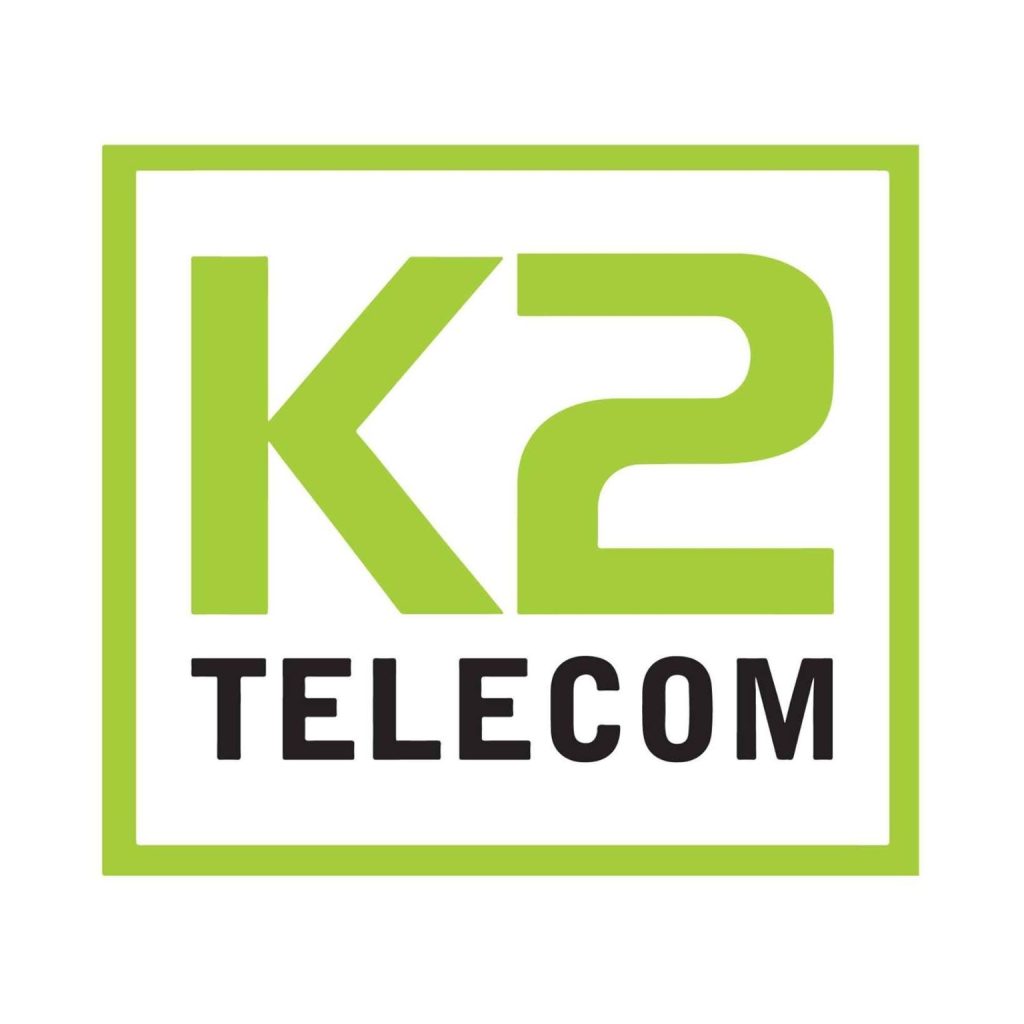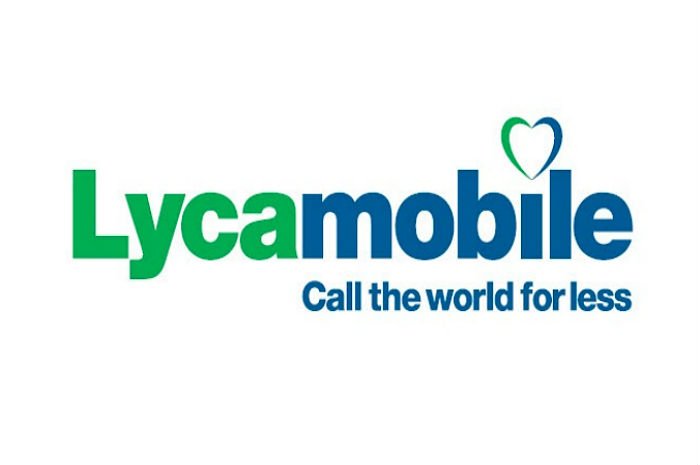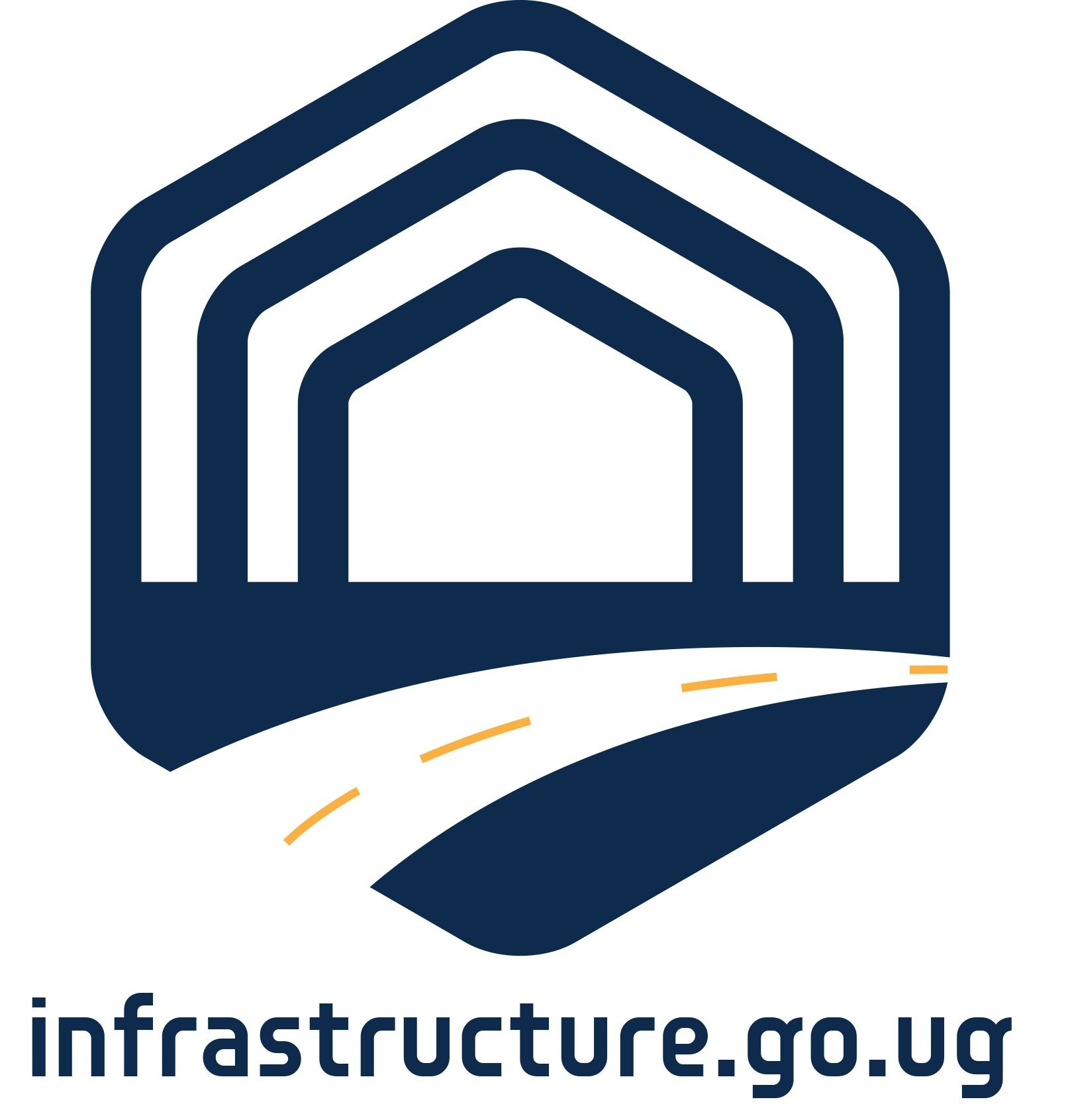Share
MTN Uganda
MTN Uganda is the largest telecom company in Uganda, with 11.2 million subscribers, accounting for 55 percent market share, as of 30 June 2017. By 31 December 2019, its customer base had increased to 12.6 million customers. In March 2021, the Uganda Communications Commission estimated the number of MTN customers in Uganda at 15 million, out of 28.3 million mobile network subscribers, thereby attaining a 53 percent market share.
Location
The headquarters of MTN Uganda are located at 69-71 Jinja Road, in the Kampala Central Division, one of the administrative units of the city of Kampala, the capital and largest city of Uganda.The coordinates of the company headquarters are 0°19’10.0″N, 32°35’53.0″E (Latitude:0.319444; Longitude:32.598056).
In 2016, The Independent (Uganda) reported that MTN Uganda, had plans to construct a new skyscraper between Jinja Road and Old Port Bell Road, where British American Tobacco used to maintain offices, which would serve as the headquarters for the company.
Overview
MTN Uganda is a subsidiary of MTN Group, a multinational telecommunications group connecting approximately 232 million people in 22 countries across Africa and the Middle East. In 2009, MTN Uganda introduced its mobile telephone-based banking product known as Mobile Money. As of March 2015, MTN controlled 80 percent of the mobile money market in the country.Annual marathon organized by MTN Uganda In November 2015, MTN Uganda switched off 3.7 million of its 11.5 million customers to comply with the Uganda Communications Commission‘s new SIM card registration requirements.
In May 2016, MTN Uganda borrowed US$114 million (UGX:385.8 or 380 billion, depending on the source) to expand its network and build a new headquarters building on Jinja Road in Kampala. Funding was in the form of a syndicated loan by a consortium of four Ugandan banks, namely Stanbic Bank Uganda, Standard Chartered Uganda, Citibank Uganda, and Barclays Bank of Uganda (now Absa Bank Uganda Limited).
In August 2016, MTN Uganda in partnership with Commercial Bank of Africa (Uganda) introduced a new product that allows customers to save money and access microloan products, using their cell phone. The product, called MoKash is available on personal accounts and on accounts for small and medium-sized enterprises.
In August 2018, MTN Uganda launched a joint Tidal–MTN music streaming service. The Tidal platform, co-owned by American mogul Jay-Z, offers streaming audio and video for a daily fee of USh1000 (US$0.26). Subscribers receive music, videos and exclusive content. Music from the majority of Uganda’s leading artistes is available. At that time, the service was available only in Uganda and South Africa, on the African continent.
As of December 2020, MTN Uganda’s customer base totaled 14.1 million subscribers, out of a total of 31 million mobile telephone subscribers in the country, representing a 45.5 percent market share.
Initial public offering
In 2018 The EastAfrican newspaper reported that MTN Uganda planned to list the shares of stock of the company on the Uganda Securities Exchange (USE). That willingness to list, on the part of MTN Uganda, was again reported in March 2019.
In March 2020 MTN Uganda agreed to pay US$100 million for a 14 year operating licence and to list 20 percent shareholding on the USE, no later than the second quarter of 2022. The shares sold on the USE will be restricted to nationals of the countries of the East African Community; namely Burundi, Kenya, Rwanda, South Sudan, Tanzania and Uganda. The IPO was expected to raise about US$1.2 billion, according to Keith Kalyegira, the CEO of the Capital Markets Authority of Uganda (CMA).

Airtel Uganda Limited
Airtel Uganda Limited is a mobile communications and information technology services provider in Uganda. The company also offers mobile funds transfer and banking services known as Airtel Payments Bank. Airtel Uganda Limited is a subsidiary of Airtel Africa PLC.
Location
The headquarters of Airtel Uganda are located in Airtel Towers, along Clement Hill Road, in the Central Division of Kampala, the county’s capital and largest city. The coordinates of the headquarters are 0°19’14.0″N, 32°35’18.0″E (Latitude:0.320556; Longitude:32.588333).
History
Airtel entered the Uganda Market on June 8, 2010 when Bharti Airtel acquired 16 Zain Africa operations. In 2013, Airtel fully acquired Warid Telecom Uganda in the first ever in-country acquisition in the telecommunications sector. With this, Airtel further consolidated its position as the second largest mobile operator in Uganda with a combined customer base of over 7.4 million and market share of over 39% cementing its position as the number 2 mobile telephone network, behind market leader MTN Uganda.
In 2018, Airtel hit the 10 million customer mark. This milestone cemented Airtel’s position as the fastest growing telecom in Uganda. In January 2019, Airtel Uganda achieved 100% 4G LTE across all its sites in Uganda, translating the national broadband policy into reality. The telco owns in excess of 2,000 masts in Uganda, as of April 2020.
Overview
Airtel Uganda, is one of the leading telecommunication service providers in Uganda, offering communication products and services; 2G, 3G and 4G wireless voice, data services and mobile commerce through Airtel Money. As of March 2021, the Uganda Communications Commission (UCC), estimated the number of subscribers to Airtel Uganda at 10 million out of the 28.3 million mobile network subscribers in the country. This translates into a 35.3 percent market share.
Airtel Money
Airtel Uganda launched Mobile Commerce in 2012. Currently the Airtel Money platform is a primary contributor to financial inclusion and a key point for financial inclusion with over 5 million customers as at end of March 31, 2019.
Investment
Airtel is a long term investor with a single largest foreign direct investment from India to Uganda. The company is among the leading tax payers in Uganda.
In 2019, Airtel was recognized as Uganda’s biggest taxpayer for compliance in remitting taxes to Uganda Revenue Authority. Airtel Uganda paid taxes worth UGX136 billion (approx. US$38 million), in the financial year 2018/19 winning the Excel Award.
Infrastructure investment
Airtel invests in local ICT and telecom infrastructure; 2,000 sites and over 3,900 kilo meters of fiber across Uganda covering 95.9%, core and transmission networks and mobile financial services platform.
Governance
Manoj Murali is Managing Director of Airtel Uganda since October 2020. He Replaced VG Somasekhar who until recently was the MD Airtel Uganda. Before Joining Airtel Uganda, Manoj handled different roles and worked across geographies in India, the corporate and the international operations of Sri Lanka, Seychelles, and the Channel Islands. His most recent assignment was CEO of Tamil Nadu and Kerala. Prior to this, he held other roles including Chief Operating (Executive) Officer in Rajasthan and Business head (Chief Operating Officer) in Andhra Pradesh, among other positions within the system,”.
People
99% of Airtel staff are Ugandan, with over 40% being women.
License renewal
In December 2020, print media reported that Airtel Uganda had paid US$74.6 million to the Uganda government in exchange for a 20-year National Telecom Operator’s License. The basic license cost US$63.2 million and Value Added Tax (VAT) came to US$11.4 million. As a condition for the license, that is effective on 1 July 2020, the telco has until 1 July 2025 to extend coverage of both voice and data to at least 90 percent of Uganda’s geographical territory.
In January 2022, The EastAfrican reported that the license payment made in December 2020 was for the ten years from July 2020 to June 2030. Another estimated US$77.78 million was owed to the Uganda Government for the period from July 2030 until June 2040.
Listing of shares
It is expected that Airtel Uganda is going to list at least 20 percent of its shares of stock on the Uganda Securities Exchange in 2022, to comply with Ugandan laws and regulations. In April 2022, the telco requested for a one year extension to the original listing deadline of December 2022.

Uganda Telecom
Uganda Telecom, whose full legal name isUganda Telecom Limited (UTL), is an information and communication technology network company in Uganda owned by the government of Uganda and currently under receivership due to large debts of about USh 700 billion (approx. US$200 million) and mismanagement. UTL was put under receivership after the Libyan company that owned about 69 percent shares left in 2017 .
History
Following the Ugandan Parliament’s passage of the Communications Act in 1997, the Ugandan parastatal Uganda Posts and Telecommunications Company Limited (UPTCL) was divided into four entities:
- Uganda Communications Commission – the communications industry regulator
- Uganda Post Limited – also known as Posta Uganda
- PostBank Uganda – a government-owned financial institution
- Uganda Telecom – an information technology and communication network company
In June 2000, UTL was privatized when the government divested 51 percent of its shares to Ucom, a consortium formed by Detecon of Germany, Telecel International of Switzerland, and Orascom Telecom Holding of Egypt. The Ugandan government retained 49 percent ownership in UTL.
Scope of service
UTL is a leading total communications provider with a broad range of services in Uganda, including:
- Fixed voice (copper, CDMA, fixed GSM)
- Mobile voice and data
- Dedicated circuits for data and internet (xDSL, FTTx, leased lines)
- Broadband services (3G, WiMAX, xDSL, FTTx, CDMA, Wi-Fi)
- Data centre services (hosting/housing/backup/failover)
In February 2009, UTL launched an unstructured supplementary service data-based mobile wallet service called “M-SENTE”, using software purchased from Redknee Solutions Inc., a Canadian information technology company. In September 2009, UTL became the first Ugandan provider to introduce the solar powered hand-held mobile phone, locally called “Kasana”. In July 2011, UTL estimated their own market share of the Ugandan telecommunication industry at about 10 percent.
Seizure and release of assets
In March 2011, the Ugandan government seized Lap Green’s 69 percent shareholding in UTL as part of sanctions against the regime of Muammar Gaddafi. After the end of the Libyan civil war in May 2012, the shareholding was returned to Lap Green, ending a period of considerable uncertainty for the carrier. Since then, UTL has undergone a major restructuring to revive its fortunes.
Ownership
As of October 2018, UTL was a joint venture between Taleology Holdings GIB Limited, a private company based in Nigeria, which owned 67 percent of the company, and the Ugandan government, which owned the remaining 33 percent.
Leadership structure
Stephen Kaboyo has been the chairman of the board of directors since early 2014. The managing director is Mark Shoebridge, who was appointed temporarily on 21 May 2015 as he was leaving the company from his role as chief fixed services officer to lead operations in Vodacom Nigeria. He was re-appointed effective 8 February 2016 upon his return to Uganda to drive the turnaround of the struggling operator. The chief finance officer is James Wilde, replacing John Sendikaddiwa who resigned suddenly in October 2016. The chief legal counsel is David Nambale. The acting chief commercial officer is Ameer Kamal Arif. The chief human resources & administration officer is Emmanuel Jones Kasule, who also joined the team in 2016.
Parliamentary investigation
In November 2016, the parliament of Uganda set up a select committee to investigate alleged mismanagement at Uganda Telecom, including the allegation that UGX:1.5 billion is missing from petty cash through theft from long term staff in the finance department over a period of many years. Many of the finance department staff involved have been dismissed, been terminated, or have resigned since this fraud was uncovered in 2016 through audits conducted by the new management. The committee’s report was expected within two months.
Insolvency and Receivership
In February 2017, UCom, the government of Libya-owned subsidiary unilaterally pulled out of the struggling company, forcing the Uganda government to assume total sole control. In April the same year, the Uganda government placed the telco under receivership.[15]
In December 2017, Uganda announced plans to sell a majority stake in the troubled company. Nearly a dozen investors from Europe, China, South Africa and the USA expressed interest in acquiring a stake in UTL.
In July 2018, The EastAfrican reported that of the investors who submitted purchase bids, Mauritius Telecom emerged as the only capable, credible, legitimate bidder, with a bid of $45 million upfront, and another $100 million over the next 36 months, for a 69-31 majority shareholding. Discussions are ongoing to close the acquisition. The Uganda Financial Intelligence Authority (FIA), has successfully vetted the potential investor.
In a cabinet meeting convened on Monday 1 October 2018 and chaired by President Yoweri Museveni, Taleology Holdings GIB Limited of Nigeria, was selected to operate UTL for the next 20 years. The deal includes UTL’s total assets, valued at USh148 billion (US$39.5 million), tax waivers, an extended frequency and Uganda’s national backbone optic fibre infrastructure. In exchange, Taleology will make a non refundable US$7.1 million (USh27 billion), at signature of the paperwork and another US$63.9 million (USh240 billion) no later than 60 days from that date, otherwise they forfeit the concession. When, in February 2019, Taleology failed to remit the required funding to effect the acquisition, the company went back on the market and a new buyer is being sought.
On 2 January 2020, Justice Lydia Mugambe of the Civil Division of the High Court of Uganda, appointed Ruth Sebatindira as the Administrator of Uganda Telecom Limited, under a court-appointed receivership since April 2017. Sebatindira took over the administration of UTL from Bemanya Twebaze on 6 January 2020

K2 Telecom
K2 was launched by Kabaka Ronald Muwenda Mutebi II, on 31 December 2012. The telco needed one million subscribers to break even. However, K2 could not build up the numbers required to stay afloat.
In May 2018, with the phone company owing the Uganda Revenue Authority (URA) USh96 million (US$26,000) in unpaid taxes, URA closed K2 Telecom down. The taxes had accumulated since 2013.
Airtel Uganda took over the 100,000 customers that K2 had left in July 2018. K2 Telecom continued to operate as a “virtual telecom”, receiving a royalty on services rendered to its customers. This partnership is expected to continue, at least until calendar year 2019

Lycamobile
Lycamobile is a British mobile virtual network operator (MVNO) operating in 60 countries. The brand is active in Australia, Austria, Belgium, Denmark, France, Germany, Ireland, Italy, the Netherlands, North Macedonia, Norway, Poland, Portugal, Romania, Russia, South Africa, Spain, Sweden, Switzerland, Tunisia, Uganda, Ukraine, the United Kingdom and the United States. The bulk of Lycamobile revenue is claimed to be generated from its SIM products. Lycatel, also a part of Lyca Group, targets customers within expatriate and ethnic markets that want to make international calls.
Lycamobile sells international pay-as-you-go SIM. Being an MVNO, Lycamobile leases radio frequencies from mobile phone network operators and forms partnerships with the operators in each country it serves. Lycamobile has also developed distinct business structures such as MVNA aggregator arrangements in different countries.In 2015, Lycamobile renewed a multi-year MVNO deal with O2.
The Lycamobile brand concept was launched in 2005 with the first trading using the brand taking place in 2006. Its business structure is arranged to have local national private companies branded under licence as “Lycamobile” and operating exclusively in the particular country as either a MVNO provider or as the principal wholesaler of Lycamobile-branded products.
Since its launch in the Netherlands in 2006, Lycamobile has reached more than 15 million pay-as-you-go customers worldwide.
In 2016, nearly twenty Lycamobile employees were arrested in France, with about half of them charged with money laundering. As of 2020, Lycamobile is involved in three major tax disputes with HM Revenue and Customs.
Operations
The company currently operates in 23 countries around the world. Lycamobile has previously offered services in Hong Kong since April 2015, but its services were suspended from 6 April 2018.
| Country | Year | Partner network |
|---|---|---|
| Australia | 2010 | Telstra |
| Austria | 2013 | A1 Telekom |
| Belgium | 2007 | Telenet |
| Denmark | 2010 | TDC |
| France | 2011 | Bouygues Telecom |
| Germany | 2011 | Vodafone |
| Ireland | 2012 | 3 |
| Italy | 2009 | Vodafone |
| Netherlands | 2006 | KPN |
| North Macedonia | 2016 | one.Vip |
| Norway | 2009 | Telia |
| Poland | 2011 | Plus |
| Portugal | 2012 | Vodafone |
| Romania | 2015 | Telekom |
| Russia | 2019-2022 | Tele2 Russia |
| South Africa | 2017 | Cell C |
| Spain | 2010 | Movistar |
| Sweden | 2009 | Telenor |
| Switzerland | 2008 | Swisscom |
| Tunisia | 2015 | Tunisie Télécom |
| Ukraine | 2017 | 3mob |
| Uganda | 2020 | Tangerine Ltd |
| United Kingdom | 2010 | O2 |
| United States | 2013 | T-Mobile |

